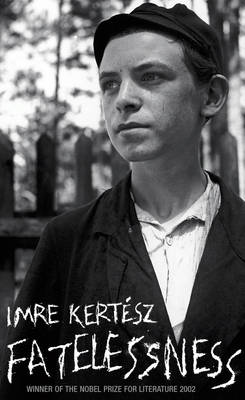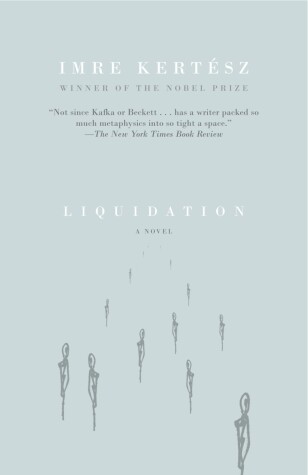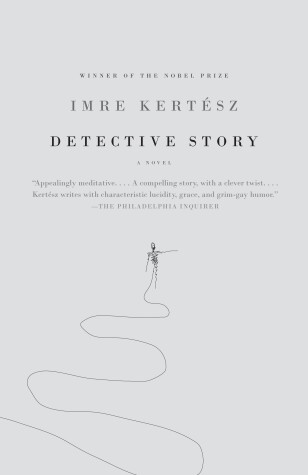Vintage International
4 total works
As Kertesz’s narrator addresses the child he couldn’t bear to bring into the world he ushers readers into the labyrinth of his consciousness, dramatizing the paradoxes attendant on surviving the catastrophe of Auschwitz. Kaddish for the Unborn Child is a work of staggering power, lit by flashes of perverse wit and fueled by the energy of its wholly original voice.
Translated by Tim Wilkinson
Imre Kertész’s savagely lyrical and suspenseful new novel traces the continuing echoes the Holocaust and communism in the consciousness of contemporary Eastern Europe.
Ten years after the fall of communism, a writer named B. commits suicide, devastating his circle and deeply puzzling his friend Kingsbitter. For among B.’s effects, Kingsbitter finds a play that eerily predicts events after his death. Why did B.—who was born at Auschwitz and miraculously survived–take his life? As Kingsbitter searches for the answer—and for the novel he is convinced lies hidden among his friend’s papers—Liquidation becomes an inquest into the deeply compromised inner life of a generation. The result is moving, revelatory and haunting.
Now in prison, Antonio Martens is a torturer for a recently defunct dictatorship. He requests and is given writing materials in his cell, using them to narrate his involvement in the torture and assassination of a wealthy and prominent man and his son whose principled but passive opposition to the regime left them vulnerable to the secret police. Inside Martens's mind, we inhabit the rationalizing world of evil and see firsthand the inherent danger of inertia during times of crisis. A slim, explosive novel of justice railroaded by malevolence, Detective Story is a warning cry for our time.



